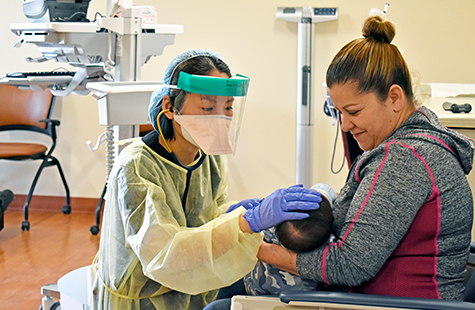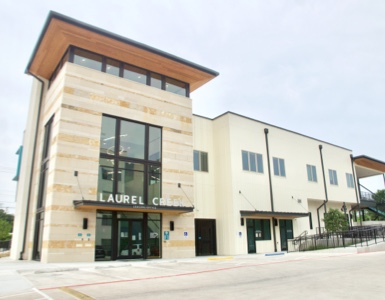At Bank of America, we help people, businesses, and local communities pursue opportunities to thrive.
We have worked broadly in these areas for many years. Internally, this is core to being a great place to work, hiring and recruiting the best talent including teammates with diverse backgrounds, perspectives, and skills.
Externally, this is core to our client-driven approach, delivering products and services that meet the needs of clients, and investing our resources to support our local communities.







